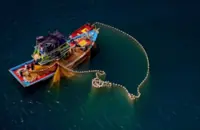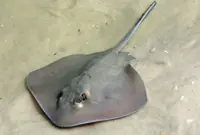FISHING can be a path to a better life for youths and that’s the message that needs to be pushed, say industry players.
They say current efforts by the government to produce the next generation of leaders capable of steering the fisheries sector to high growth, have yet to boost youth participation.





